London 2012 'corrupted on unprecedented scale' by doping
Second part of McLaren report provides 'incontrovertible' proof of Russia's state-sponsored conspiracy
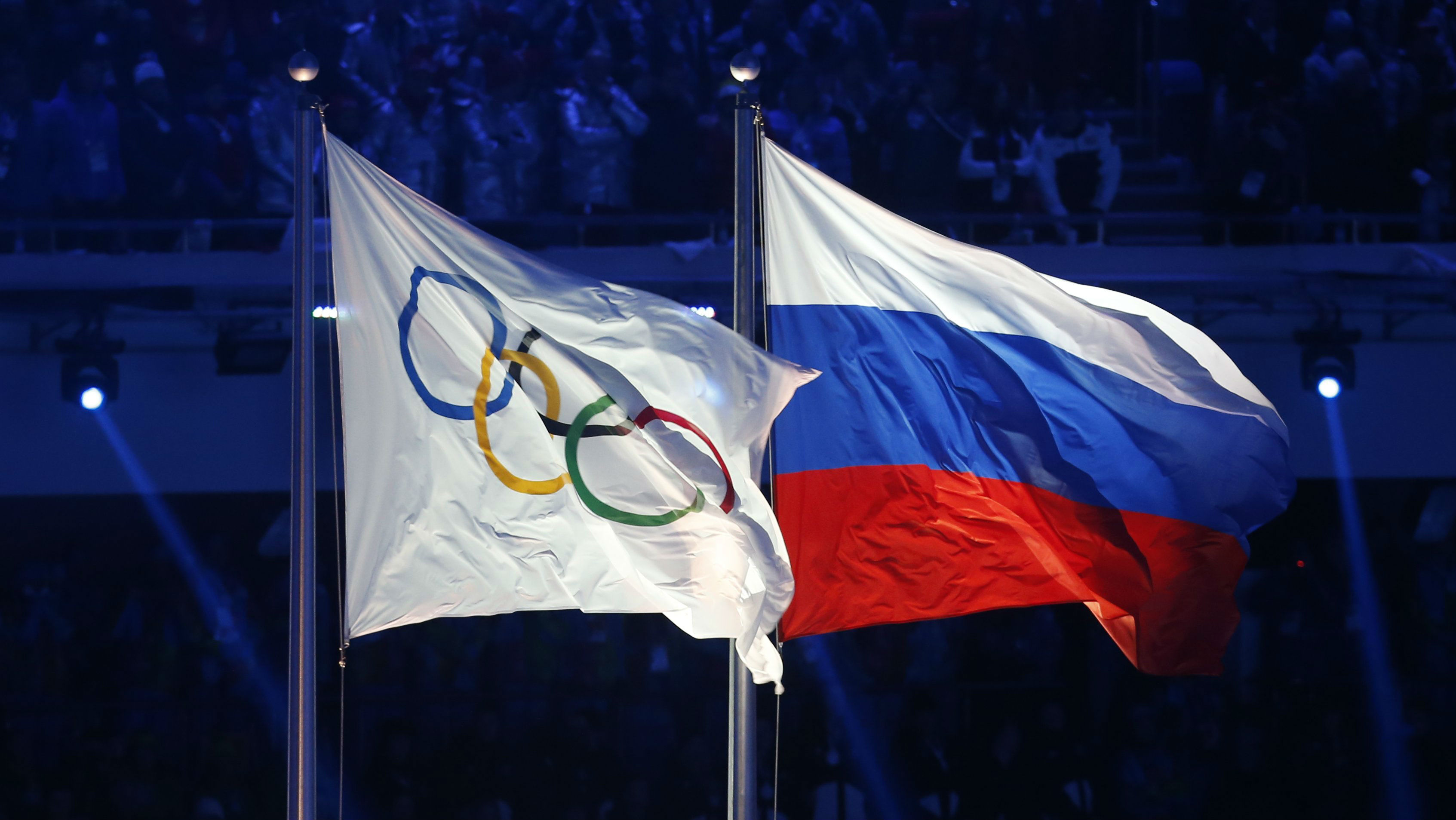
A free daily email with the biggest news stories of the day – and the best features from TheWeek.com
You are now subscribed
Your newsletter sign-up was successful
Russia admits doping 'problem' as it faces IAAF vote
11 November
Russian athletics accepts it has a "problem with doping", according to Mikhail Butov the general-secretary of the country's athletics federation.
The Week
Escape your echo chamber. Get the facts behind the news, plus analysis from multiple perspectives.

Sign up for The Week's Free Newsletters
From our morning news briefing to a weekly Good News Newsletter, get the best of The Week delivered directly to your inbox.
From our morning news briefing to a weekly Good News Newsletter, get the best of The Week delivered directly to your inbox.
He told the BBC that the claims were "not new" but said he was against an international ban for Russian athletes. "Any limitation of participation at the highest level of competitions" would hurt clean athletes in Russia he explained. Butov added that work is already underway to "change the mentality of coaches in the regions".
The IAAF will vote on whether to suspend Russia from competition on Friday, and could also bar it from hosting the World Junior Championships, due to be held in Kazan in July next year, and World Race Walking Team Championships in May.
"There are growing expectations that a suspension will be enforced, though that may prove just for the short term rather than through to the Olympics in Rio de Janeiro next summer," reports The Times. There are fears a long-term ban could trigger a spate of boycotts of athletics events by Russia's political allies.
Meanwhile, the Moscow Anti-Doping Centre, where officials are accused of destroying more than 1,400 samples, has had its accreditation suspended by the World Anti-Doping Agency.
A free daily email with the biggest news stories of the day – and the best features from TheWeek.com
Lamine Diack, the former president of the IAAF, who is at the centre of corruption and money-laundering charges related to the Russian doping scandal, which are now being pursued by Interpol, has resigned as an honorary member of the International Olympic Committee after he was suspended.
IAAF scandal: Russia ban could prompt Rio Olympics boycott
10 November
The IAAF doping scandal is in danger of escalating into a political row after a spokesman for Vladimir Putin said accusations of state-sponsored doping in Russia were "unfounded", and there were claims that banning Russia from the Rio Olympics it could spark a Cold War-style boycott of the Games by its allies.
The report into doping allegations led by former World Anti-Doping Agency chief Dick Pound accused Russia of widespread doping and said that the country's athletes had "sabotaged" the London 2012 Games. He added that it was "inconceivable" that the authorities were unaware of what was going on.
Pound called for Russia to thrown out of the sport until it could prove that it was clean.
Lord Coe, the president of track and field's world governing body, the IAAF, is now under huge pressure to take action against Russia. However he also faces problems within his own organisation as the chapter of Pound's report focusing on the IAAF itself were not released as there is a criminal investigation into allegations of corruption involving former president Lamine Diack.
Announcing his findings Pound had said he hoped the Russian athletics authorities would take it upon themselves to withdraw from competition and said that it was "not possible" for sports minister Vitaly Mutko to have been unaware of what was happening.
"We don't deny that we have problems but they exist around the whole world; we have the same per cent as all countries do," retorted Mutko after the report was released.
Dmitry Peskov, a spokesman for President Putin, added: "As long as there is no evidence, it is difficult to consider the accusations, which appear rather unfounded."
The spectre of a diplomatic row was raised by Artyom Patsev, a lawyer for the All-Russian Athletics Federation, who described the report as a "political hit-job", reports The Guardian.
And the prospect of a boycott of next summer's Olympics was raised by UK Athletics chairman Ed Warner. He told the Daily Telegraph: "It has to be a risk, but it's not one that I care about."
He said Russia's allies could take action if the IAAF did ban the country.
"I was very outspoken in May on the eve of the Doha Diamond League meeting, saying that if there was proven systemic cheating in Russia, they should be suspended. One of my counterparts from elsewhere in the world took me aside and told me they couldn't believe what I'd said about 'Mother Russia' and it was completely outrageous. Culturally, that's a lot of what one's up against in sport, but you can't bow to it," he said.
IAAF scandal: Russia could be banned from Rio 2016 Olympics
9 November
A World Anti-Doping Organisation commission has called for Russia to be banned from athletics in the wake of what it believes to be a state-sponsored doping scandal, while Interpol is to coordinate a global investigation into claims of widespread corruption in track and field.
A report by Dick Pound, the former Wada president who has spent 11 months looking into claims of systemic cheating and a cover-up within Russian athletics, has also called for five middle-distance runners and five coaches to be given lifetime doping bans. Russian athletes could be excluded altogether from track and field events at next year's Rio Olympics.
Pound said that the London 2012 Olympics had been "sabotaged" by the presence of some Russian athletes and criticised "the collective and inexplicable laissez-faire policy" adopted by the IAAF and the Russian federation. The report also claimed that Russian security services had interfered in domestic drugs testing before the Sochi winter Olympics.
The IAAF, which is itself caught up in some of the allegations, said it would "consider sanctions against the Russian Athletics Federation". Banning Russia from competition "would be among the most drastic taken against a national sports federation", says the Wall Street Journal.
Announcing his findings, Pound told reporters: "It's worse than we thought". Parts of the report into allegations of corruption at the IAAF were witheld, because of criminal investigation which is now being overseen by Interpol and is believed to focus on former IAAF president Lamine Diack.
Lord Coe, who took over as head of the IAAF earlier this year, said the findings were "alarming", but vowed to take action.
"Our athletes, partners and fans have my total assurance that where there are failures in our governance or our anti-doping programmes we will fix them," he said. "We will do whatever it takes to protect the clean athletes and rebuild trust in our sport."
IAAF scandal: corruption report 'ruins everything' for athletics
09 November
The world of athletics is braced for a scandal far worse than the one that has engulfed Fifa when the contents of a report into corruption and bribery within track and field is published today.
The report into the IAAF by Dick Pound, the former head of the world anti-doping agency, is expected to lift the lid on systematic cheating, cover-ups and corruption, and could lead to the expulsion of Russia from world athletics and next year's Olympics.
Pound's findings have not yet been published, but they are expected to send shockwaves through the sport. Richard McLaren, one of the co-authors, has already claimed it will reveal "a whole different scale of corruption than the Fifa scandal or the IOC scandal in respect to Salt Lake City".
Former British athlete Roger Black told the BBC's Today programme that the release of the report would signal a "very dark day" for athletics and could "undermine everything".
"You're looking at a governing body that is being corrupt and is in some ways protecting the guilty athlete," he said.
What will the report say?
We do not yet know "every cough and spit" of the report says Sean Ingle of The Guardian, but "the grand themes and key players – including senior IAAF figures and a motley crew of Russian track and field athletes – are long established".
Claims of doping ammong Russian athletes emerged in a German TV documentary in December 2014.
Earlier this year, the Sunday Times obtained an IAAF database of blood tests from 5,000 athletes that suggested a third of medal-winning athletes in endurance events at the Olympics and World Championships between 2001 and 2012 recorded potentially suspicious blood tests.
Last week, there were further allegations that Russian athletics chiefs and relatives of IAAF chief Lamine Diack had blackmailed athletes suspected of doping to allow them to continue to compete. Athletes from Russia and Turkey are said to have been approached.
They are said to have included Asli Cakir Alptekin of Turkey who won the women's 1500m at the London 2012 Olympics. She refused to pay and has since been banned for eight years.
Who is to blame?
The former head of the IAAF Lamine Diack appears to be heavily implicated and his sons are said to have been involved with the blackmail attempts, according to a Guardian report at the weekend.
When he stood down from office earlier this year Diack lambasted the media in an "incoherent tirade in which he characterised attacks on athletics' systemic failure to root out drugs cheats as a vast media conspiracy", writes Oliver Brown of the Daily Telegraph. "But this is a credibility crisis that does not just have roots in a legion of Russian athletes allegedly going rogue. It can be traced also to the arrogant attitude of a Diack regime that enabled such a culture to flourish."
Diack, the IAAF's legal adviser Habib Cisse and the doctor Gabriel Dolle, who was part of the IAAF anti-doping programme, have all faced French prosecutors in the last week. The report could name others.
Where does this leave Sebastian Coe?
Lord Coe, who took over as president of the IAAF in the summer, has said he is "bloody angry", while admitting athletics is unlikely to recover quickly from the allegations. But the new IAAF president could be compromised by his associations with Diack, who he described as the "spiritual president" of athletics even after he replaced the Senegalese, leaving him badly compromised according to many observers.
Lord Coe's description of the Sunday Times scoop in the summer as a "declaration of war" on athletics also seems ill-judged.
"Coe's default position was to be not just an apologist, but the champion of a regime that has smelt wrong for years," says Martin Samuel of the Daily Mail. "On Sunday, Coe said he sat beside Diack throughout his time at the IAAF and was unaware of even a hint of corruption.
"Coe was the first chairman of Fifa's ethics commission but saw nothing untoward there, too. One imagines [that] had he been sat on the grassy knoll in Dallas on November 22, 1963, he might have popped over to the motorcade to ask what all the fuss was about."
IAAF bribery scandal could eclipse Blatter's downfall at Fifa
5 November
After Fifa, another global sporting body faces a corruption scandal and the crisis facing athletics could "be bigger than Sepp Blatter", warns Matt Dickinson in The Times.
Lamine Diack, the former president of the IAAF, is being investigated by prosecutors in France on charges of corruption and aggravated money laundering, while Dr Gabriel Dolle, the former director of the IAAF's medical and anti-doping department, is also facing a criminal investigation, as is Habib Cisse, the IAAF's former legal adviser.
The investigation relates to claims that Diack accepted bribes of £140,000 from the Russian Athletics Federation to cover up positive dope tests. And the charge is far worse than anything levelled at the passengers on the Fifa gravy train.
"For all the many scandals that have brought Fifa to its knees, no one has accused Blatter or his cronies of corrupting the game itself," says Dickinson.
"Dodgy bid processes? Backhanders on multimillion broadcast deals? Our eyes have been opened to these seemingly every-day crimes within sports bodies, but nothing could be more serious than the charge of protecting, and profiteering from, cheats."
Fifa may have dragged sport "into the filth" but these allegations take things even deeper, says Ian Herbert of The Independent. "So deep, in fact, that the juxtaposition of those words 'integrity' and 'sport' are nothing less than a joke."
There are parallels with Fifa, however. Amid the shocking claims, which first aired on German TV last year, the IAAF has "sailed merrily on, apparently oblivious to any sense that its sport is more deeply and foully discredited than any other, after a year of relentless doping revelations".
It puts Sebastian Coe, the current head of the IAAF under intense pressure. He counts Diack as a friend and reacted angrily to claims in the media this year over widespread doping.
His reaction then seemed "reckless" and damaged his credibility, says Dickinson.
The events of this week are even worse, says Herbert. "Coe told us he would make things different and wipe away the scourge of drugs and suspicion for all time. Well, we're still waiting for a sign. Perhaps the indignity of being in the office when the French cops called and volunteering himself for their questioning might trigger a reaction."
-
 The plan to wall off the ‘Doomsday’ glacier
The plan to wall off the ‘Doomsday’ glacierUnder the Radar Massive barrier could ‘slow the rate of ice loss’ from Thwaites Glacier, whose total collapse would have devastating consequences
-
 Trump’s fuel blockade puts Cuba in crisis mode
Trump’s fuel blockade puts Cuba in crisis modeIN THE SPOTLIGHT Plummeting tourism, scrambling airlines and rolling blackouts are pushing Cuban society to the brink
-
 ‘The mark’s significance is psychological, if that’
‘The mark’s significance is psychological, if that’Instant Opinion Opinion, comment and editorials of the day
-
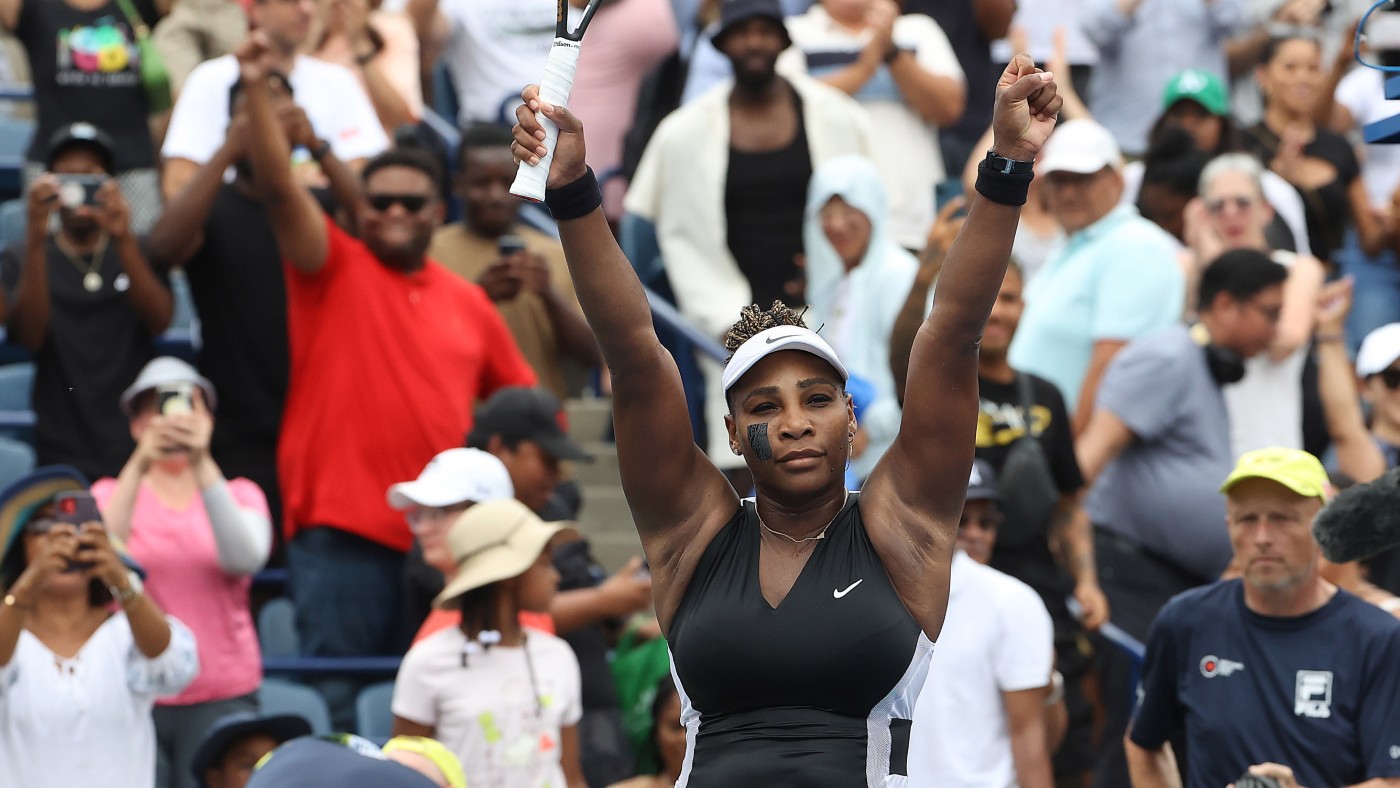 Serena Williams and her ‘evolution’ away from tennis
Serena Williams and her ‘evolution’ away from tennisIn the Spotlight The 23-time grand slam champion is set to retire after the US Open
-
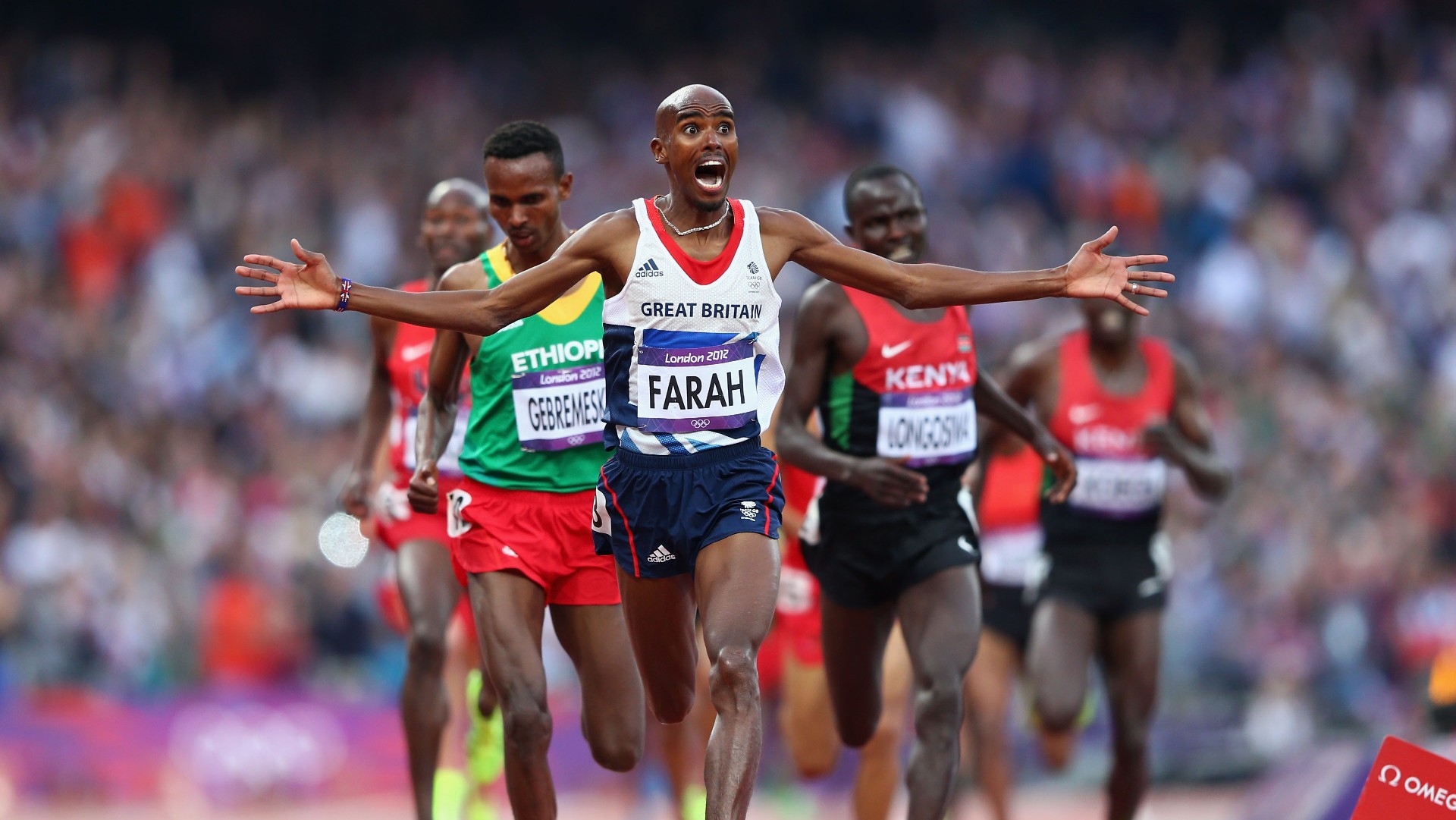 Mo Farah reveals ‘astonishing truth’ about his real name
Mo Farah reveals ‘astonishing truth’ about his real nameSpeed Read Olympic champion illegally trafficked to UK and forced into domestic servitude as a child
-
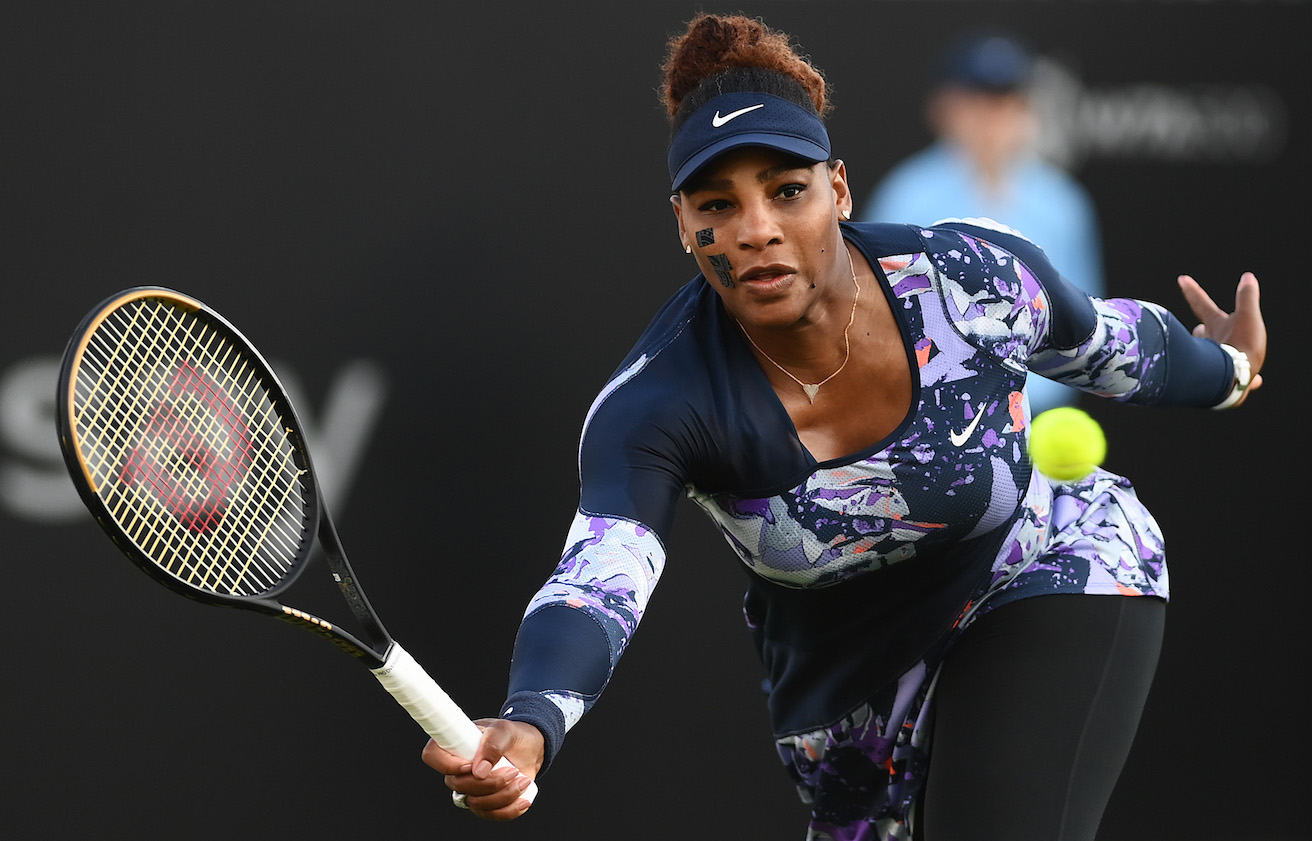 What has Serena Williams been doing?
What has Serena Williams been doing?In the Spotlight The tennis great made a surprise return to the court this week after a year away
-
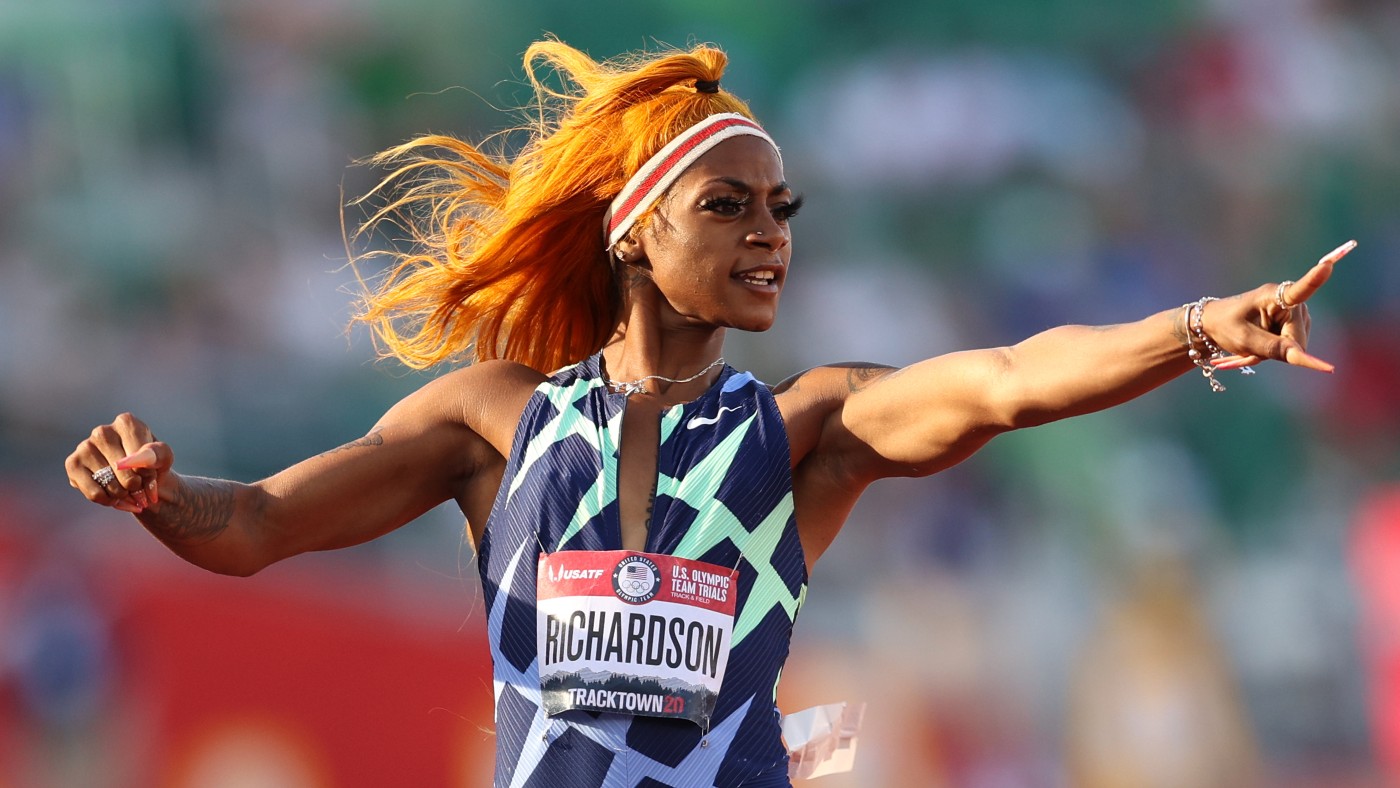 Doping in sport: should cannabis be on the list of banned substances?
Doping in sport: should cannabis be on the list of banned substances?feature World Anti-Doping Agency will launch a scientific review next year
-
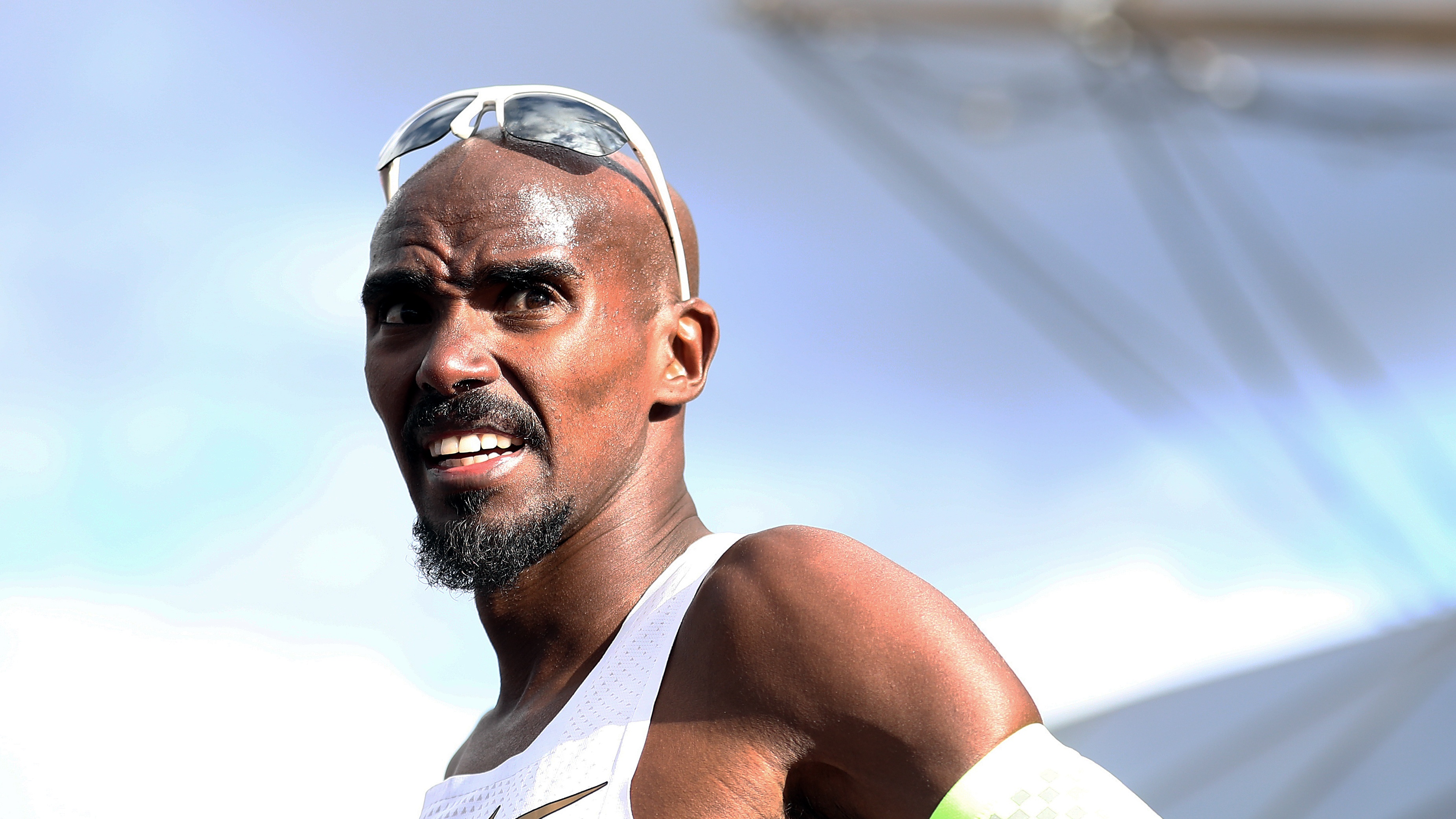 Mo Farah injection allegations: what is the reaction?
Mo Farah injection allegations: what is the reaction?Speed Read Panorama claims athlete changed story over performance-enhancing supplement
-
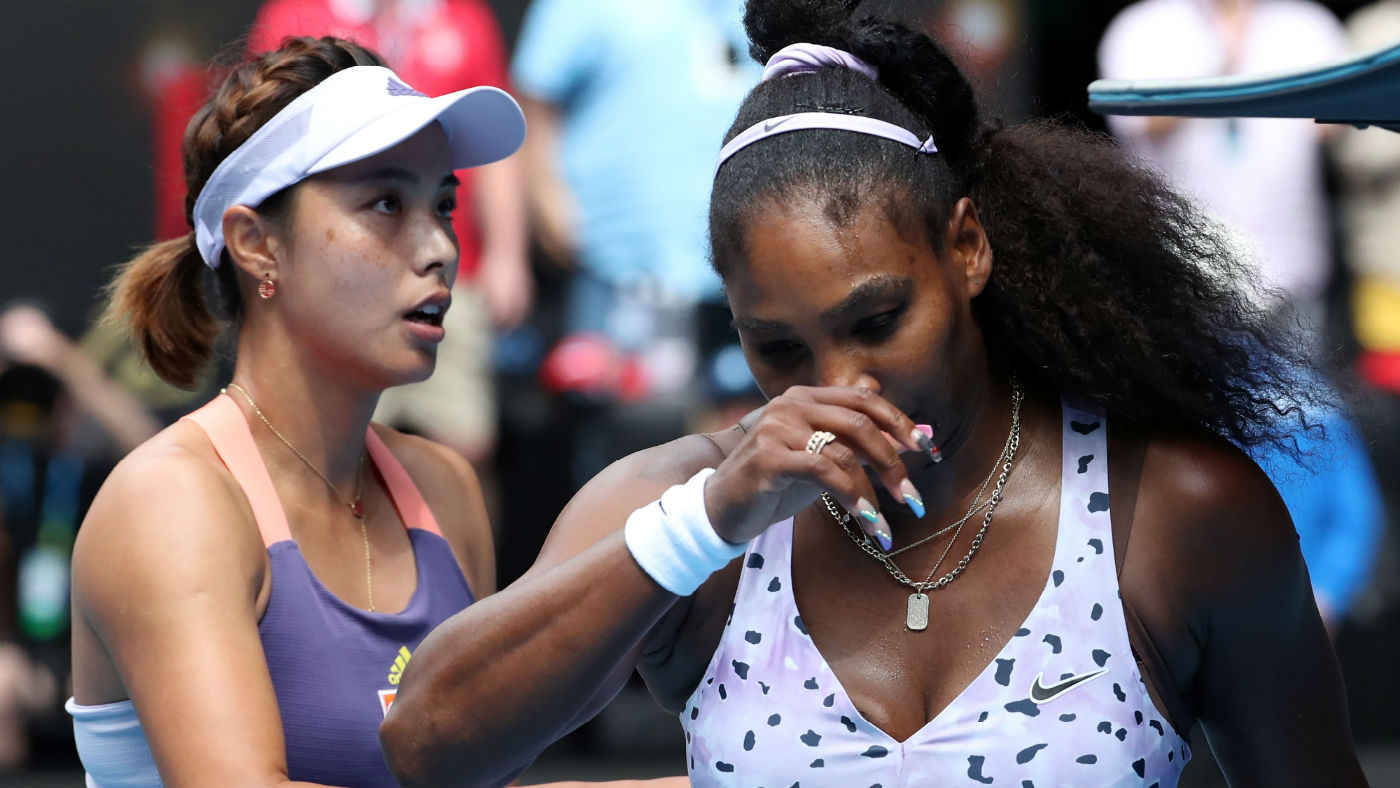 ‘It’s unprofessional - it’s not cool’: Serena Williams shocked at Australian Open
‘It’s unprofessional - it’s not cool’: Serena Williams shocked at Australian OpenIn Depth China’s Wang Qiang takes advantage of American’s mistakes in Melbourne
-
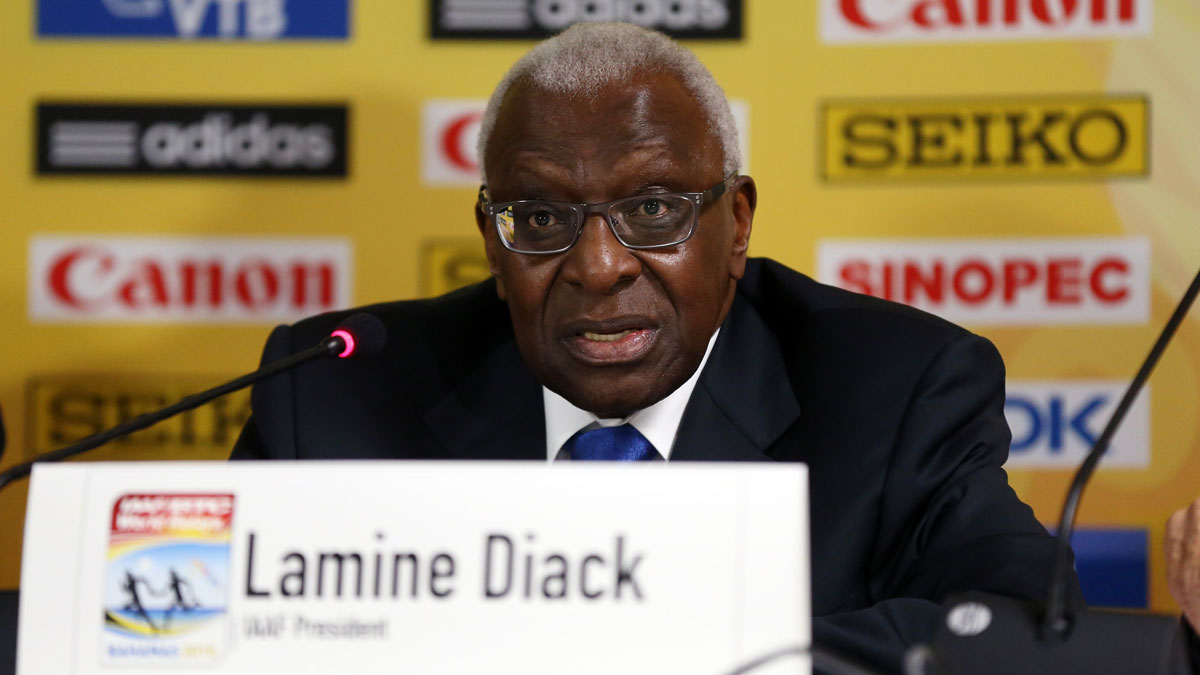 Sports shorts: disgraced athletics chief Lamine Diack goes on trial, Patrick Mahomes inspires Chiefs
Sports shorts: disgraced athletics chief Lamine Diack goes on trial, Patrick Mahomes inspires ChiefsDaily Briefing Ten things from the world of sport on Monday 13 January
-
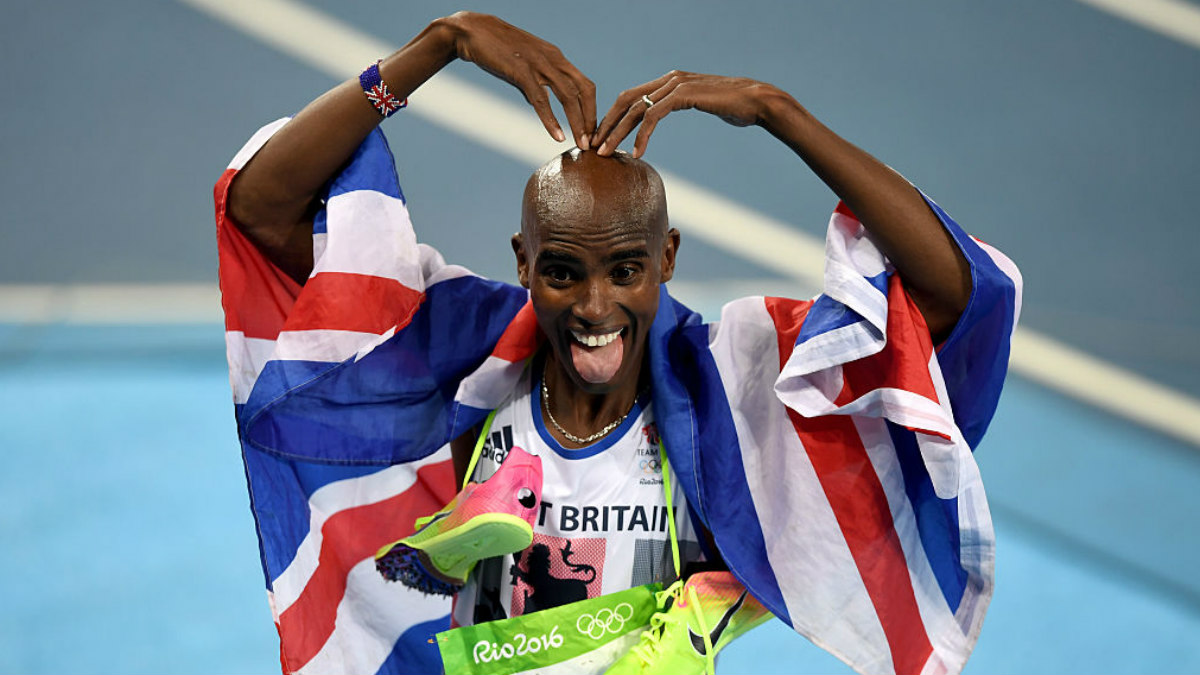 Sport shorts: Mo Farah to defend Olympic 10,000m title and Freddie Ljungberg takes temporary charge at Arsenal
Sport shorts: Mo Farah to defend Olympic 10,000m title and Freddie Ljungberg takes temporary charge at ArsenalSpeed Read Ten things from the world of sport on Friday 29 November